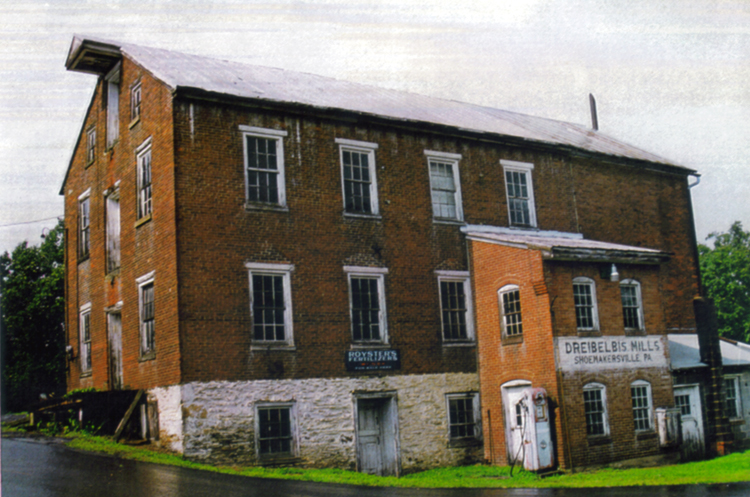Foreword
By Jacob L. Dreibelbis, Grandson.
Being born in 1991, I have no real memories of my grandfather, Harvey C. Dreibelbis—or “Pappy” as we called him—who passed away in 1993. Yet, despite the shortness of our time together, Pappy has always loomed large in my mind, an immense, almost mythological figure. My father, Harvey Charles Dreibelbis, Jr., loved and respected no one more—save for my sisters and me. The same was true for all of Pappy’s children.
I still remember my Aunt Harveen taking me to visit his grave at Zion’s Church Cemetery when I was no older than 11 or 12. We wept together as we laid flowers on the stone, paying our respects to both him and my grandmother. At that moment, I began to understand a simple truth: we all live in the wake of great men and women. They plow forward into the unknown, carving paths to make life a little better for the next generation. Harvey C. Dreibelbis is just one such example in a long line of Dreibelbises, a man who left his mark and whose legacy continues to shape us who follow.
I was inspired to compile this book not only to grow closer to the man I never truly knew but also because, by coincidence or fate, I, too, developed a love for poetry at a young age—long before I knew about the collection of poems you now hold. It has always delighted me to know that this passion is something my grandfather and I share.
In assembling this volume, I discovered that not all the poems are original to him. Some are unattributed, poems that must have caught his eye or held special meaning for him. I have endeavored to track down and credit the original authors where possible. Regardless of their origin, they contain evidence of his immense faith, love of farming, and dedication to family. This last reason, I believe, will resonate with the Dreibelbis Cousins, for as you will see, our family was a constant source of inspiration to him.
Since I was a child, my conception of heaven has always included Pappy watching over the rights and wrongs of my life. I attribute every good thing I’ve done to that belief. And as for the wrongs—well, they’ve been all the more painful, knowing that he may have witnessed them too. In compiling this collection, I found solace in knowing that he may have shared a similar view of life. In his poem Our Ancestors, he writes: “But there is another question, which requires a different view. If you could meet your ancestors, would they be proud of you?” It’s a question I will always carry with me, a reminder of the legacy we all share.
As we gather once again to celebrate family, I know there is at least one thing our ancestors would be proud of: us, together, at the Dreibelbis Historic Farm, honoring their memory.

